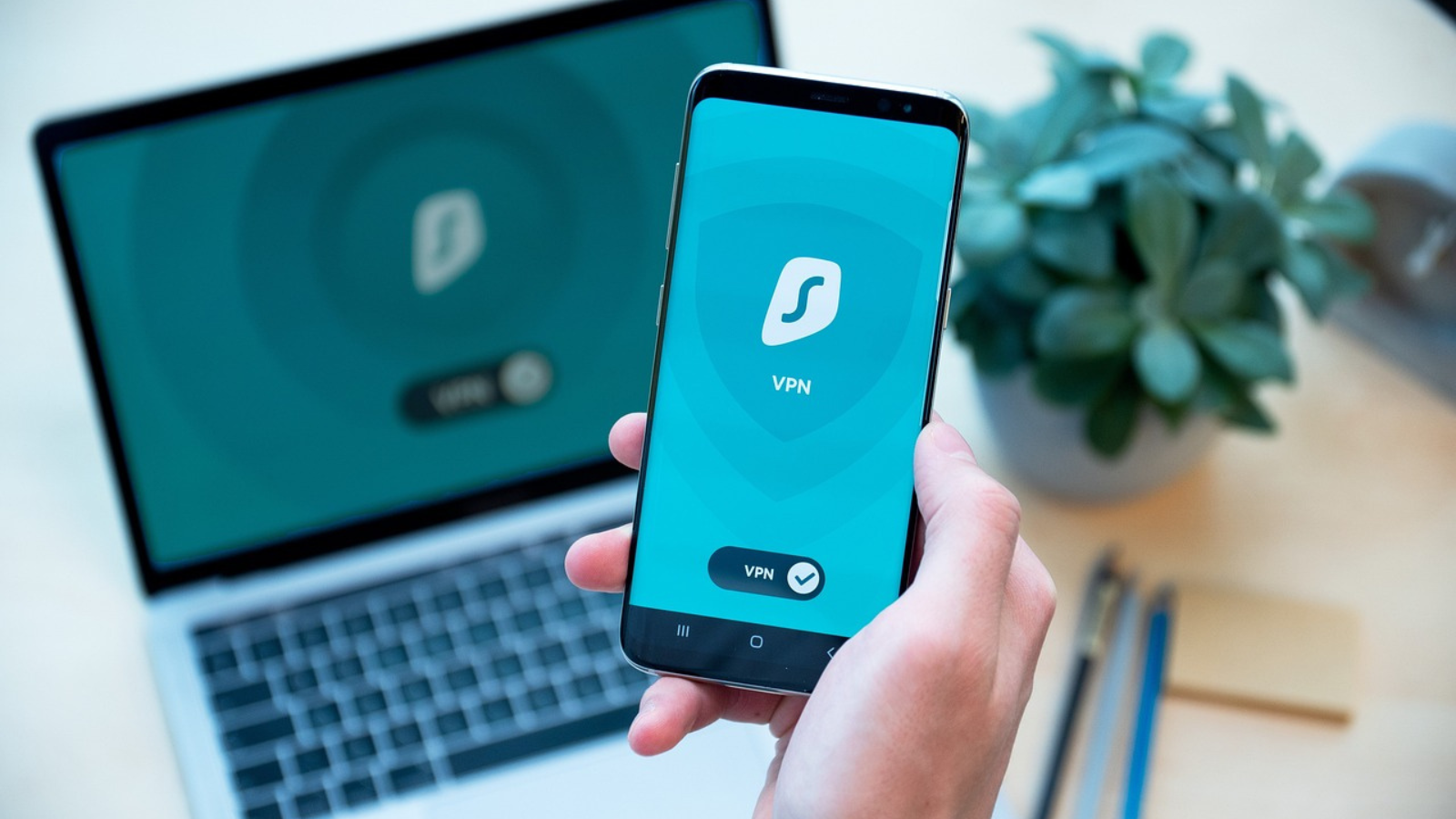In today’s digital age, where online privacy and security have become paramount concerns, VPNs (Virtual Private Networks) have gained immense popularity. But how exactly does a VPN work, and why should you consider using one? In this comprehensive guide, we’ll dive deep into the world of VPNs, unraveling their inner workings, and helping you make informed choices about your online safety and freedom.
What is a VPN?
A VPN, or Virtual Private Network, is a technology that allows you to create a secure and private connection to the internet. It acts as a protective shield between your device and the vast world of the web. Think of it as a secret tunnel that your data travels through, shielding it from prying eyes.
The Basics of VPN Technology
Encryption and Data Tunneling
At the heart of every VPN lies encryption. When you connect to a VPN server, your data gets encrypted, transforming it into an unreadable code. This encryption is like a lock on your virtual tunnel, ensuring that no one can snoop on your online activities.
Server Locations and IP Address Masking
VPNs operate through servers located in various parts of the world. When you connect to a VPN server, your IP address gets replaced with the server’s IP. This not only masks your identity but also allows you to access geo-restricted content as if you were physically present in that region.
Why Should You Use a VPN?
Privacy and Security
Using a VPN enhances your online privacy by making it nearly impossible for hackers, ISPs, or government agencies to monitor your online activities. Your data remains confidential, even on public Wi-Fi networks.
Bypassing Geo-Restrictions
Ever wanted to stream your favorite show while abroad? VPNs help you bypass geographical restrictions, granting access to content that might be blocked in your current location.
Torrenting and P2P File Sharing
Torrenting can be risky without a VPN. By masking your IP address, VPNs allow you to torrent files anonymously and securely, reducing the risk of legal consequences.
How Does a VPN Work?
Establishing a Secure Connection
When you activate your VPN, it connects to a remote server. This server acts as an intermediary between your device and the internet. All your online requests pass through this server, creating a secure and encrypted connection.
Data Encryption and Decryption
As data travels between your device and the server, it’s encrypted at the source and decrypted at the destination. This process ensures that even if someone intercepts your data, they won’t be able to make sense of it.
Tunneling Protocols
VPN services use various tunneling protocols, such as OpenVPN, L2TP/IPsec, and IKEv2/IPsec, to facilitate secure data transfer. These protocols ensure the reliability and integrity of your VPN connection.
Choosing the Right VPN
With numerous VPN providers on the market, it’s crucial to pick the one that suits your needs. Here are some considerations:
Consider Your Needs
Are you primarily concerned about privacy, speed, or accessing geo-blocked content? Different VPNs excel in different areas, so choose one that aligns with your priorities.
Check for a No-Logs Policy
A no-logs policy means the VPN provider doesn’t keep records of your online activities. This adds an extra layer of privacy.
Speed and Server Locations
If you need fast streaming or gaming, opt for a VPN with a broad network of servers in your desired locations to reduce latency.
Conclusion
In a world where online threats are constant, using a VPN is a smart decision. It offers a secure and private internet experience, unlocks a world of content, and safeguards your online identity. By understanding how a VPN works and choosing the right one, you can take control of your online presence.
